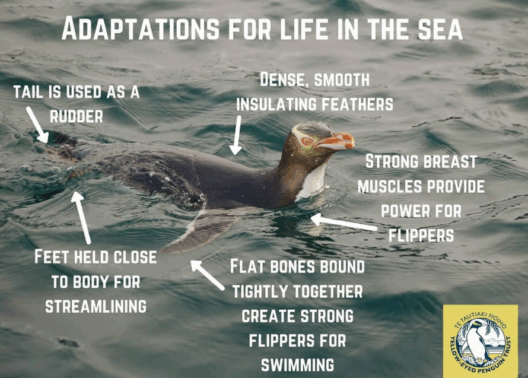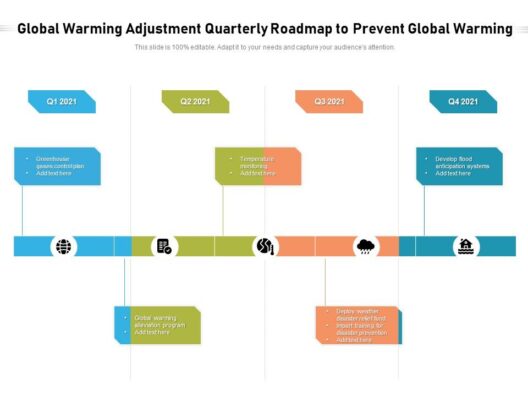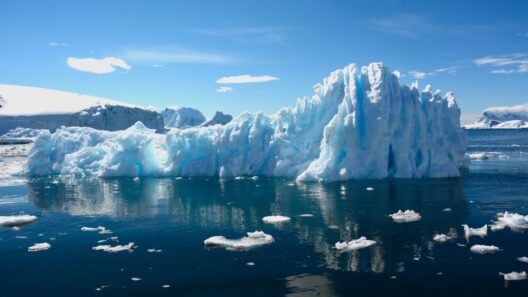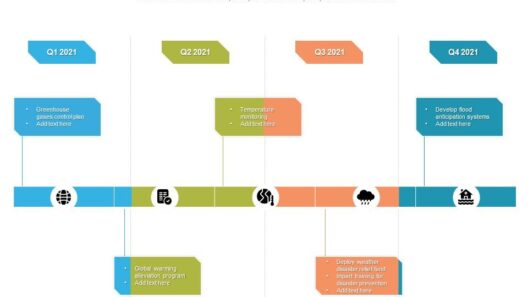Imagine a clock ticking down the final seconds of a mortal countdown. The metaphorical minute hand of climate action is poised at fifty-nine seconds, signifying a critical juncture in global warming discourse. We inhabit a world where the consequences of human actions have irrevocably altered atmospheric conditions, leading us perilously close to the brink of irreversible climate catastrophe. The phenomenon of global warming is not merely a scientific abstraction; it is a visceral reality that affects every fauna, flora, and human endeavor on this pale blue dot we call home.
At its core, the concept of global warming pertains to the incremental increase in Earth’s average surface temperature, driven predominantly by elevated levels of greenhouse gases in the atmosphere. As industrialization burgeoned in the past two centuries, carbon dioxide levels surged, reaching heights unprecedented in the planet’s geological history. The combustion of fossil fuels, deforestation, and agricultural practices contribute to this dangerous accumulation, exacerbating an already precarious environmental landscape.
Amid the scientific consensus regarding climate change, public fascination often hinges on more than mere statistics; the intricate interplay of natural systems evokes an emotional response. The changing climate is not only an environmental harbinger but also a profound manifestation of humanity’s relationship with nature. For instance, glaciers—once majestic symbols of timelessness—are rapidly retreating, withering like the seasons they once dominated. This stark transformation captivates our imagination and reminds us of nature’s fragility.
As we contemplate this alarming reality, the potential ramifications of unchecked global warming stretch far beyond rising temperatures. The specter of more frequent and severe climate-related disasters looms ominously. The mid-2020s’ hurricanes, droughts, and wildfires have laid bare the vulnerability of communities globally, exposing inequities that proliferate in the face of environmental degradation. Furthermore, these manifestations of climate change propagate psychological dissonance among citizens—such cognitive dissonance, where beliefs clash uncomfortably with observed realities, incites a yearning for understanding and ultimately for action.
In contemplating the urgency of our climate predicament, it becomes crucial to address societal behavior that tends to trivialize the situation. Many individuals exhibit a paradoxical tendency: they intellectually acknowledge climate change yet fail to conceptualize it as an immediate threat. This misconception can be attributed to a plethora of factors, including media portrayal, political narratives, and a pervasive culture of apathy. Warnings from scientists and environmentalists occasionally fall on deaf ears due to the overwhelming nature of the problem, which can engender feelings of helplessness rather than empowerment.
Consequently, to foster a sense of agency, we must cultivate an environmental consciousness that transcends passive observation. Engagement initiatives—rallying community involvement in sustainable practices—can serve as catalysts for change. Educating the public about the tangible impacts of their daily choices empowers individuals to envision their role in mitigating climate change. From reducing waste to supporting renewable energy initiatives, each decision collectively contributes to a paradigm shift toward sustainability.
Moreover, grassroots movements have emerged as vanguards of climate action, illustrating the power of collective action. Young activists have galvanized the global community, shedding light on the interconnectedness of climate justice with social justice. They illuminate the harsh reality that marginalized communities worldwide disproportionately bear the brunt of climate impacts while contributing the least to greenhouse gas emissions. Advocating for equitable policy changes, these movements not only address ecological concerns but also strive for a more just world.
The philosophical implications of our current environmental trajectory warrant consideration. As stewards of this planet, humanity possesses the moral obligation to confront and rectify its own transgressions. This ethical imperative compels us to reflect on our legacy. What will future generations inherit? A sterile wasteland bereft of biodiversity, or a thriving global ecosystem rich in natural splendor? The choice lies within our hands, and the metaphorical clock ticks ever closer to midnight.
In our quest for solutions, one must also emphasize the role of innovation and technology in steering us toward a more sustainable future. Scientific advancements have led to groundbreaking research that pioneers renewable energy systems, carbon capture methodologies, and sustainable agricultural practices. Such innovations not only combat rising temperatures but also catalyze economic opportunities, which lead to a more robust, green-centered economy. By fostering environments where innovation flourishes, we can build resilient infrastructure, capable of weathering the tempests of climate change.
As we stand at this decisive crossroads, the call to action becomes increasingly urgent. It is not merely a matter of environmental preservation; it is about survival—our survival. A mere minute remains in this vital countdown, and as we inch closer to that metaphorical midnight hour, our collective narrative must coalesce around proactive engagement, education, and innovation. In doing so, we may yet forge a world where the echoes of our actions resonate positively across generations, leaving a legacy of resilience, hope, and ecological integrity.
Ultimately, as stewards of the Earth, we can glean profound wisdom from the intricate, delicate balance of nature. In recognizing our collective responsibility, we engender a sense of solidarity with the planet and its inhabitants. Let us reclaim this moment in time—not merely as a challenge to avert but as an opportunity to redefine our relationship with the Earth. Together, we can influence the trajectory of our climate and secure a thriving, diverse world for future generations.








